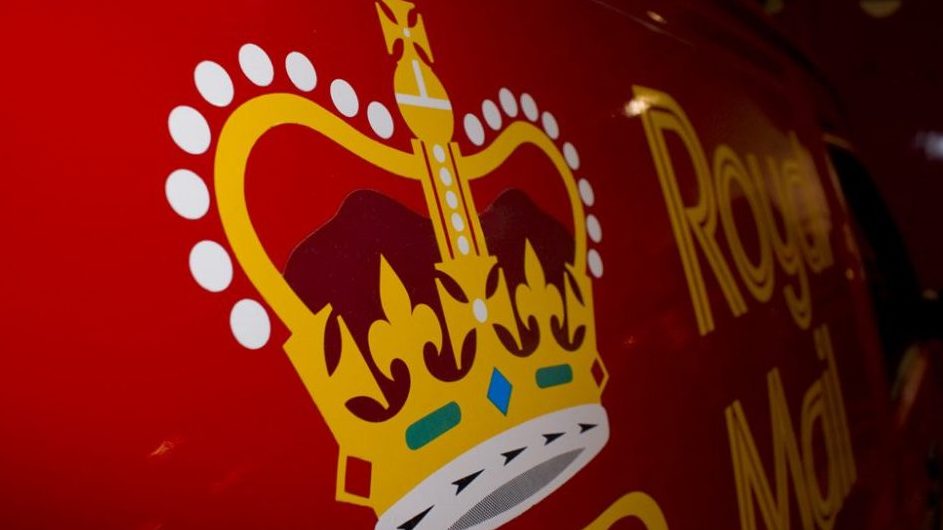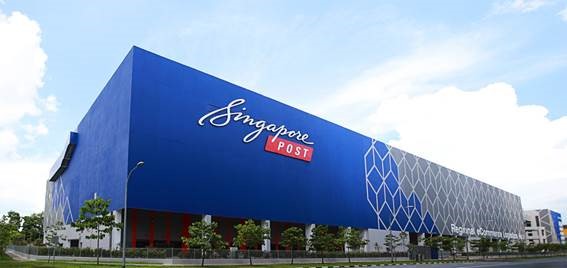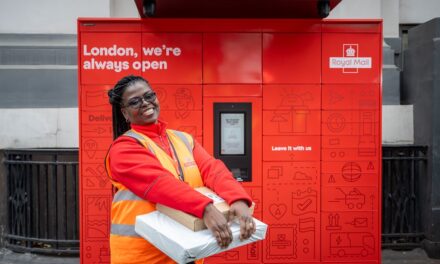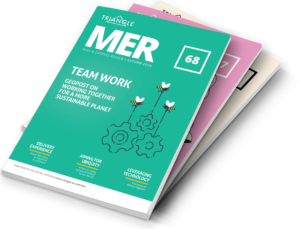
Royal Mail warns of “significant headwinds as we enter 2022-23”

Royal Mail has released its full year figures.
Financial highlights
- Group revenue performance driven by GLS; reported operating profit down 5.6% year-on-year; adjusted operating profit up 8.0% due to improved profitability in Royal Mail:
- Royal Mail revenue down 1.6% year-on-year reflecting changing consumer behaviour following removal of lockdown restrictions and lower international volumes, partially offset by growth in test kits; adjusted operating profit of £416 million, up 20.9%; adjusted operating margin up 90 basis points to 4.9%, due to benefits of restructuring and non-people cost saving programmes.
- GLS revenue up 4.4% year-on-year in Sterling (9.6% in Euros), driven by recovery in B2B volumes and freight, adjusted operating profit of €402 million, flat year-on-year (although down 4.5% in Sterling), with 8.1% adjusted operating margin (down 80 basis points), in line with expectations.
- Volume trends:
- Royal Mail: Domestic parcel volume (ex. international) up 31% vs. pre-pandemic period (2019-20); and down 7% year-on-year due to normalisation post lockdown restrictions. Test kits accounted for c.7% of total parcel volume in 2021-22. Addressed letters (ex. elections) volume grew 3% year-on-year following sharp declines last year; down 18% vs. pre-pandemic.
- GLS: Continued parcel volume growth of 4% year-on-year, driven by domestic and international, with a recovery in B2B volume.
- Royal Mail Transformation programme:
- £59 million benefits delivered from Pathway to Change agreement, low end of revised £55 – 80 million range; good performance in Processing; insufficient progress in Delivery.
- Achieved 50% parcel automation – North West hub on track to open in June 2022.
- Change agenda even more urgent and important: need to accelerate delivery and broaden scope.
- GLS: good progress in France and Canada, margin pressure in US. Addressing short term challenges to maintain trajectory: price & yield management, digitalisation and automation to drive efficiency. Generated c.€500 million free cash flow in first two years of Accelerate strategy vs. €1 billion target5 by 2024-25.
- Strong cash generation: £353 million in-year trading cash flow4 pre-IFRS 16 (2020-21: £614 million), including increase in capex of £257 million, mainly due to investment in vehicles, hubs and automation in Royal Mail:
- Royal Mail £178 million in-year trading cash flow pre-IFRS 16 (2020-21: £342 million).
- GLS £175 million in-year trading cash flow pre-IFRS 16 (2020-21: £272 million).
- New Group-wide ESG Principles aligned with UNSDGs; the Group has set out to reduce its GHG emissions to zero by 2045.
- Final dividend: Board proposing 13.3 pence per share; full year ordinary dividend of 20 pence per share, in line with policy.
- £400 million return to shareholders via share buyback and special dividend completed.
- Outlook
- Royal Mail 2022-23: assuming pay deal can be agreed broadly in line with current offer, and without material industrial disruption, current adjusted operating profit consensus of £303 million (as at 18 May 2022)6 sits within range of potential outcomes, with downside risk. Cost savings in excess of £350 million identified to mitigate macro-economic pressures.
- GLS 2022-23: high single digit revenue growth and operating profit €370 – 410 million.
- GLS Accelerate: Assuming rebound in GDP growth in 2023-24, target of €500 million operating profit in 2024-25 and €1 billion accumulated free cash flow by 2024-25 can still be achieved.
Non-Executive Chairman, Keith Williams commented: “The past year has presented many challenges as the countries in which we operate emerged from COVID-19 pandemic restrictions and consumer behaviour continued to change. The pandemic has resulted in a step up in the level of parcel volumes compared to pre-pandemic levels. However, some of the tailwinds we experienced last year have subsided, and while we have seen a recovery in letter volumes in Royal Mail, parcel volumes and shifts in mix continue to be volatile.
The Board would like to thank again all of our colleagues across Royal Mail and GLS who have continued to work relentlessly to play a key role and for their unstinting efforts to keep people, businesses and countries connected.
In GLS we saw continued revenue growth, with a recovery in B2B volumes and freight revenues, albeit operating profit was flat in Euro terms, as expected given the absence of certain COVID-related one-off benefits this year and escalating inflationary pressures. At Royal Mail, our primary focus has been to provide our customers with essential services whilst providing a safe environment for our people. Whilst we made good progress in some areas, notably Processing, we need to accelerate the pace of change elsewhere to adapt our business to a post pandemic world, meet the ever-changing demands of our customers, and restore quality.
Inflation rose throughout the second half of the year. Wage inflation in tight labour markets, sharp increases in energy and fuel costs, exacerbated by the war in Ukraine, and a cost of living squeeze in many countries are resulting in an uncertain outlook for GDP and consumer spending, creating significant headwinds as we enter 2022-23.
Given this environment it is more important than ever that we accelerate the transformation of Royal Mail to improve efficiency and continue to harness GLS’ growth opportunities in a profitable way.
Martin Seidenberg, Chief Executive, GLS added: “We delivered a good set of financial results and have made good progress executing our strategy over the past 12 months, despite the challenging market conditions. We further strengthened our international capabilities and invested in our networks and services to unlock further growth and maintain our high quality levels.
Whilst the war in Ukraine has brought about some short term uncertainty, we will continue to leverage our business model and logistics know-how to become more global, digital and diversified.”












